Filter by
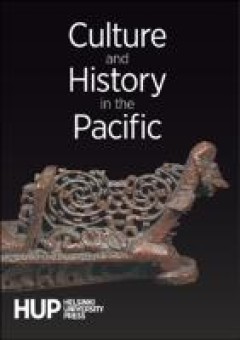
Culture and history in the Pacific
Culture and History in the Pacific is a collection of essays originally published in 1990. The texts explore from different perspectives the question of culture as a repository of historical information. They also address broader questions of anthropological writing at the time, such as the relationship between anthropologists’ representations and local conceptions. This republication aims to…
- Edition
- -
- ISBN/ISSN
- 9789523690479
- Collation
- vii, 267 p. : bnw, ill.
- Series Title
- -
- Call Number
- 306.0995 SII c

Beyond observation : a history of authorship in ethnographic film
This book analyses the authoring of ethnographic films between 1895 and 2015. It is based on the general argument that the ethnographicness of a film should not be gauged according to whether it is about an exotic culture, but rather by the degree to which it conforms to the norms of ethnographic practice more generally. On these grounds, it considers films made in a broad range of styles, on a…
- Edition
- -
- ISBN/ISSN
- 9781526147295
- Collation
- xviii, 525 p. : bnw, ill.
- Series Title
- -
- Call Number
- 301 HEN b
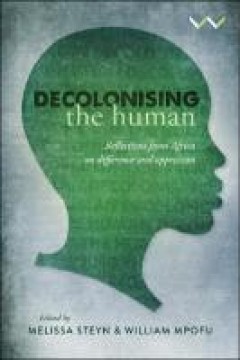
Decolonising the Human : Reflections from Africa on difference and oppression
"Decolonising the Human examines the ongoing project of constituting ‘the human’ in light of the durability of coloniality and the persistence of multiple oppressions. The ‘human’ emerges as a deeply political category, historically constructed as a scarce existential resource. Once weaponised, it allows for the social, political and economic elevation of those who are centred within it…
- Edition
- -
- ISBN/ISSN
- 9781776146529
- Collation
- 264p. ; ill.
- Series Title
- -
- Call Number
- 306.0967 MEL d
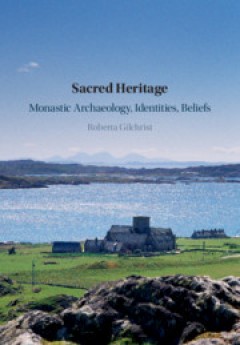
Sacred heritage : monastic archaeology, identities, beliefs
Roberta Gilchrist critically evaluates the concept of sacred heritage. Drawing on global perspectives from heritage studies, archaeology, museology, anthropology and architectural history, she examines the multiple values of medieval Christian heritage. Gilchrist investigates monastic archaeology through the lens of the material study of religion and reveals the sensory experience of religion t…
- Edition
- -
- ISBN/ISSN
- 9781108678087
- Collation
- xvii, 276 p. ; ill
- Series Title
- -
- Call Number
- 274.103 GIL s
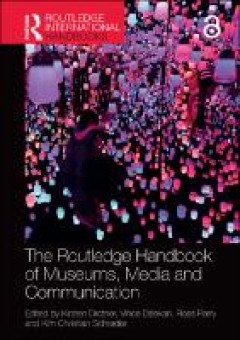
The routledge handbook of museums, media and communication
Museums today find themselves within a mediatised society, where everyday life is conducted in a data-full and technology-rich context. In fact, museums are themselves mediatised: they present a uniquely media-centred environment, in which communicative media is a constitutive property of their organisation and of the visitor experience. The Routledge Handbook of Museums, Media and Communicatio…
- Edition
- -
- ISBN/ISSN
- 9781317197447
- Collation
- xviii, 339p. : ill.
- Series Title
- -
- Call Number
- 069 SCH t

Academia in transformation : scholars facing the Arab uprisings
Popular uprisings in the Middle East and North Africa (MENA) have had a deep impact, not only on the societies and political structures in the respective countries there, but also on different academic disciplines. The events that started in 2010 in Tunisia have altered academic terminology, contributed to a shift in study focus and sometimes challenged dominant theoretical approaches. The book…
- Edition
- -
- ISBN/ISSN
- 9783845274348
- Collation
- 223 p.
- Series Title
- -
- Call Number
- 378.56 KOH a
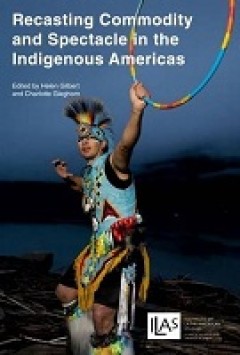
Recasting commodity and spectacle in the indigenous Americas
Indigenous artists frequently voice concerns over the commodification of their cultures, a process acutely felt by those living with the consequences of colonialism. This timely book, which features colour illustrations throughout, examines the ways in which contemporary indigenous peoples in different parts of the Americas have harnessed performance practices to resist imposed stereotypes and …
- Edition
- -
- ISBN/ISSN
- 9781908857088
- Collation
- ix, 273p.
- Series Title
- -
- Call Number
- 700.98 REC g
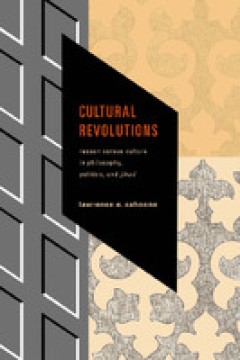
Cultural revolutions : reason versus culture in philosophy, politics, and jihad
Cultural Revolutions argues that reason itself is cultural, but no less reasonable for it. Lawrence Cahoone systematically defines culture and gauges the consequences of the ineradicably cultural nature of cognition and action, yet argues that none of this implies relativism. Cahoone offers a definition of culture as teleologically organized practices, artifacts, and narratives and analyzes the…
- Edition
- -
- ISBN/ISSN
- 9780271030241
- Collation
- 231p.
- Series Title
- -
- Call Number
- 306.09 CUL c
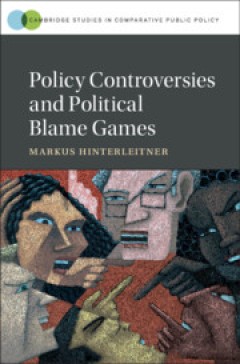
Policy controversies and political blame games
In modern, policy-heavy democracies, blame games about policy controversies are commonplace. Despite their ubiquity, blame games are notoriously difficult to study. This book elevates them to the place they deserve in the study of politics and public policy. Blame games are microcosms of conflictual politics that yield unique insights into democracies under pressure. Based on an original framew…
- Edition
- -
- ISBN/ISSN
- 9781108860116
- Collation
- xiv, 264 p. ; ill
- Series Title
- -
- Call Number
- 306.2091821 HIN p
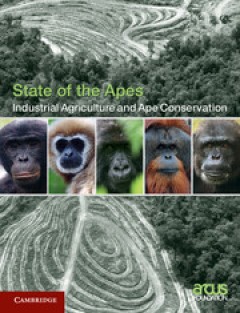
Industrial agriculture and ape conservation
Social and economic systems worldwide are changing rapidly. These changes are accompanied by an increasing demand for natural resources, including land, water, minerals, energy sources, food and timber. Today's foremost challenge lies in finding the tools to address the complexity of these interrelated trends, and in implementing strategies to balance environmental and socioeconomic needs. This…
- Edition
- -
- ISBN/ISSN
- 9781316505236
- Collation
- xxvi, 360 p. ; ill
- Series Title
- -
- Call Number
- 599.88 RAI i
 Computer Science, Information & General Works
Computer Science, Information & General Works  Philosophy & Psychology
Philosophy & Psychology  Religion
Religion  Social Sciences
Social Sciences  Language
Language  Pure Science
Pure Science  Applied Sciences
Applied Sciences  Art & Recreation
Art & Recreation  Literature
Literature  History & Geography
History & Geography